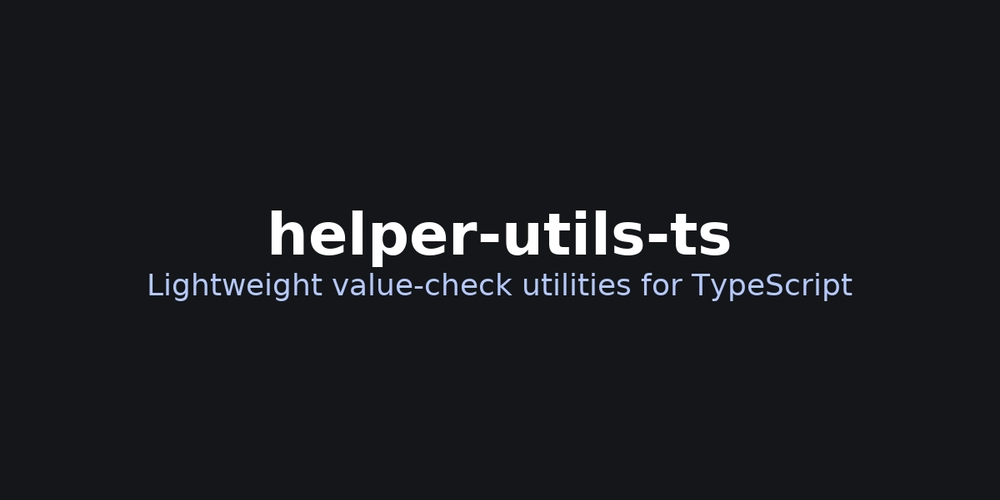🔐 Fine-Grained Role Control for MCP Tools with APIM
In an earlier article, we looked at how to enforce role-based access control (RBAC) for individual Logic App workflows by combining Azure API Management (APIM) with Easy Auth.
👉 The same principle now applies when you expose your Logic Apps MCP server through APIM.
Instead of guarding workflows directly, we can protect MCP tools — making sure only users with the right role can invoke the right tool.
1. Why enforce authorization at the tool level?
MCP (Model Context Protocol) servers expose tools as callable operations.
For example, an MCP server might surface tools like:
wf_arithmetic_addwf_arithmetic_subwf_arithmetic_div
Without access control, any authenticated user could call any tool.
But in many scenarios, you need fine-grained authorization:
- Finance users can only run financial calculation tools.
- Engineering users can only run design tools.
- Ops users can only run monitoring tools.
2. Configure policy at the MCP Server level
When you expose a Logic Apps MCP server in APIM, you can attach a policy at the MCP Server scope , you gain the ability to:
- Intercept every MCP JSON-RPC request
- Parse the request payload (
method,params,arguments) - Validate and enforce JWT tokens
- Map roles in the token to MCP tool names
📍 Portal steps:
- Go to API Management → MCP Servers (preview).
- Select your MCP server (e.g.,
ArithmeticOperations). - Open the Policies tab.
- Paste the policy snippet below and save.
This ensures all operations on that MCP Server inherit the same rules.
3. Distinguish Connect vs Tool Calls
An MCP client first issues a connect call to discover capabilities.
We don’t want to enforce auth on these metadata requests.
So in APIM, we branch on the request body:
- If
method = "tools/call"→ 🔒 require JWT + role validation - Otherwise (connect, capabilities, etc.) → ✅ allow without auth
4. Policy Example
Here’s a simplified APIM policy that enforces RBAC on tool calls:
name="mcpBody" value="@(
context.Request.Body.As(preserveContent: true)
)" />
name="mcpMethod" value="@{
var body = (JObject)context.Variables["mcpBody"];
return (string)body?["method"] ?? string.Empty;
}" />
condition="@((context.Variables.GetValueOrDefault(" mcpMethod") ?? "").Equals("tools/call", StringComparison.OrdinalIgnoreCase))">
header-name="Authorization" failed-validation-httpcode="401">
url="https://login.microsoftonline.com//v2.0/.well-known/openid-configuration" />
name="mcpToolName" value="@{
var body = context.Request.Body.As(preserveContent: true);
return (string)body[" params"]?["name"];
}" />
name="roles_csv" value="@{
var tok = context.Request.Headers.GetValueOrDefault("Authorization","").Substring(7);
var jwt = string.IsNullOrEmpty(tok) ? null : tok.AsJwt();
var arr = (jwt != null && jwt.Claims != null && jwt.Claims.ContainsKey("roles"))
? jwt.Claims["roles"]
: new string[0];
return string.Join(",", arr); // e.g. "wf_arithmetic_add,wf_arithmetic_sub"
}" />
name="isAuthorized" value="@{
var wf = ((string)context.Variables.GetValueOrDefault("mcpToolName","")).ToLower();
var roles = ((string)context.Variables.GetValueOrDefault("roles_csv","")).ToLower().Replace(" ", "");
if (string.IsNullOrEmpty(wf) || string.IsNullOrEmpty(roles)) { return false; }
var haystack = "," + roles + ",";
var needle = "," + wf + ",";
return haystack.Contains(needle);
}" />
condition="@((bool)context.Variables["isAuthorized"])">
code="403" reason="Forbidden" />
/>
4. Validation — Calling MCP Tools via APIM
With the policy in place at the MCP Server level, let’s validate the behavior.
4.1 Authorized tool call
When a valid token is provided and the role matches the tool (wf_arithmetic_add), the request succeeds:
Request
{
"method": "tools/call",
"params": {
"name": "wf_arithmetic_add",
"arguments": {
"number1": 1,
"number2": 2
}
}
}
Response
{
"content": [
{
"type": "text",
"text": "{\"result\":3}"
}
],
"isError": false
}
4.2 Unauthorized tool call (role mismatch)
If the caller tries to invoke a tool without having the required role in their token,
APIM blocks the request before it reaches the Logic Apps MCP server.
Request
{
"method": "tools/call",
"params": {
"name": "wf_arithmetic_mul",
"arguments": {
"number1": 2,
"number2": 2
}
}
}
Response
"Error calling method: tools/call. Error: Error POSTing to endpoint (HTTP 403): {\"error\":\"Role missing or invalid\"}"
🔎 Final Summary
By combining Azure API Management (APIM) with Logic Apps MCP Server, we can achieve fine-grained role-based authorization at the tool level:
- Connect / discovery calls → Pass through without auth.
-
Tool calls (
tools/call) → Require a valid JWT. - Role check → Tool name must match one of the roles in the token.
-
Responses
-
401 Unauthorized→ No or invalid token. -
403 Forbidden→ Token valid but role mismatch. -
200 OK→ Token valid and role matches tool.
-
✅ Result:
- Each MCP tool can be locked down to specific roles.
- Logic Apps MCP backend remains unchanged.
- APIM acts as the policy enforcement point, handling security, logging, and governance.
With this setup, you can safely expose Logic Apps MCP servers to LLMs and agents, while ensuring every call is authenticated, authorized, and audited.





